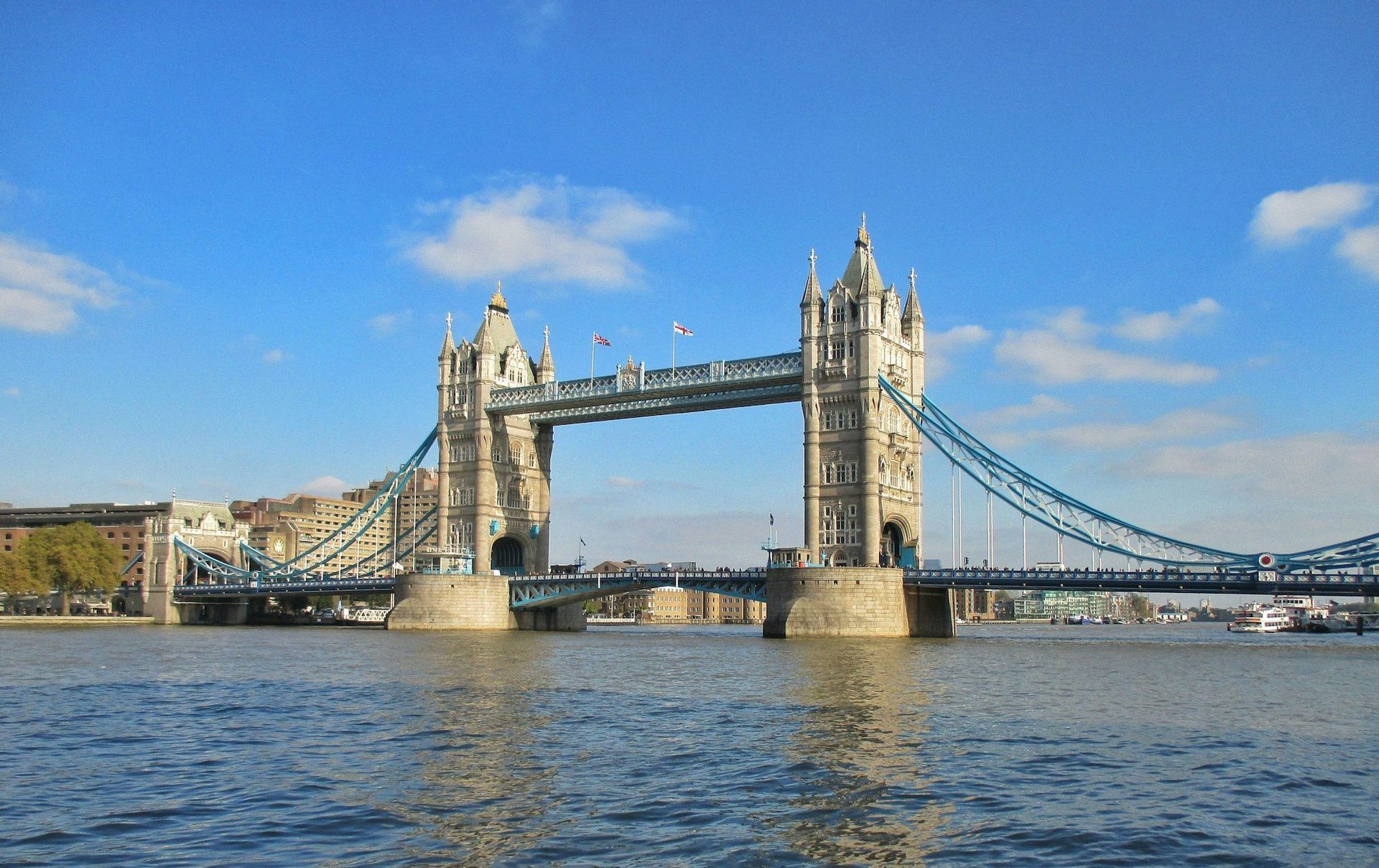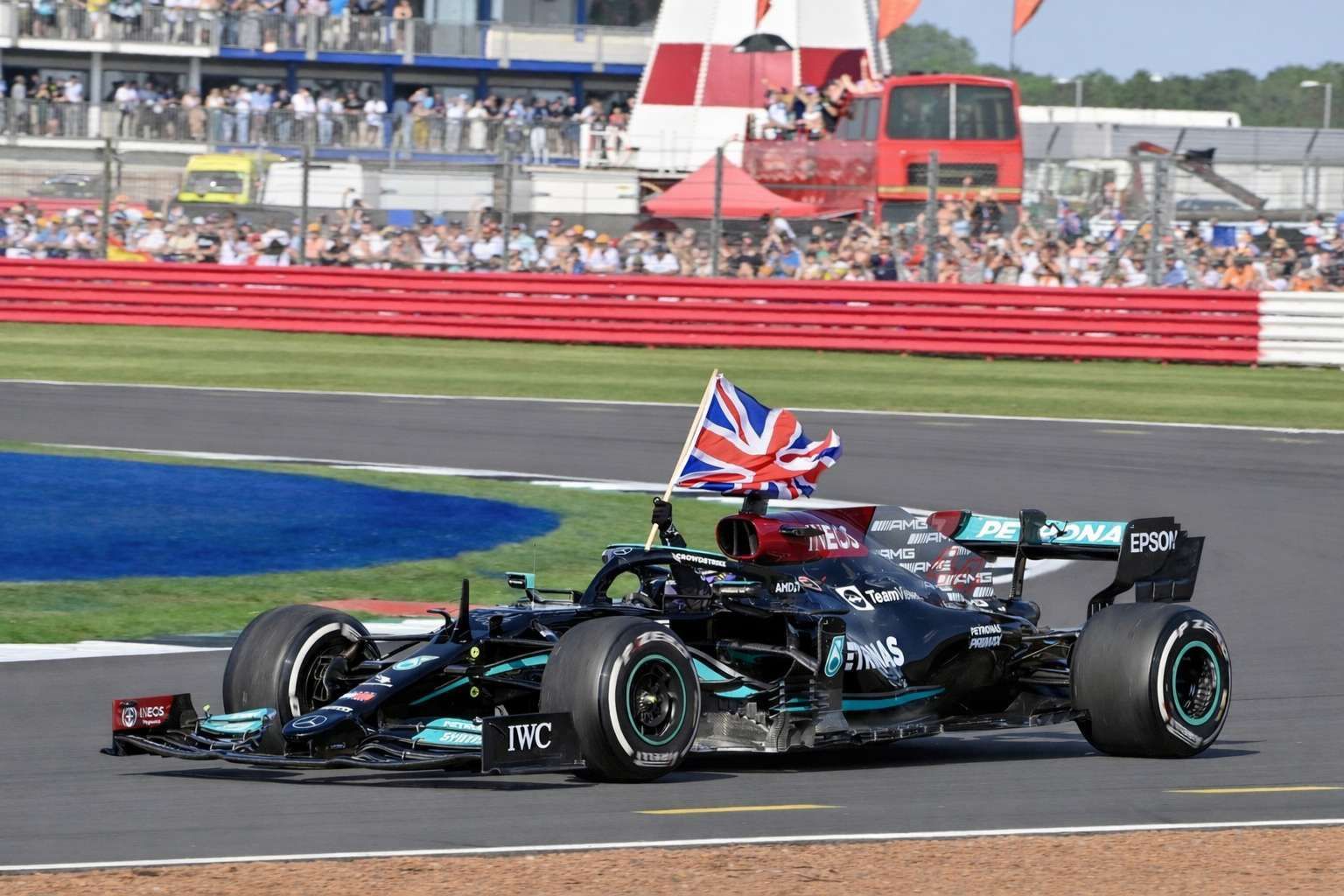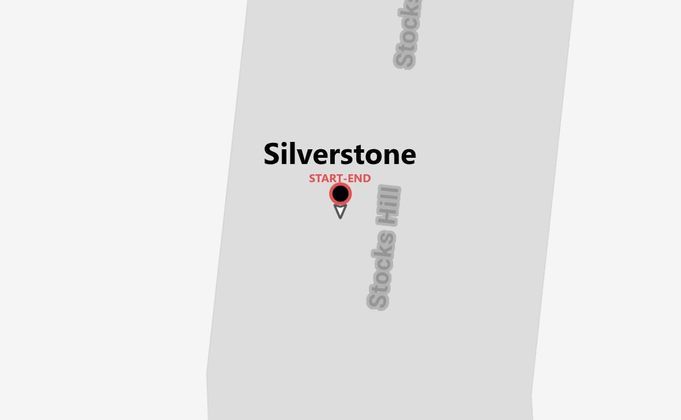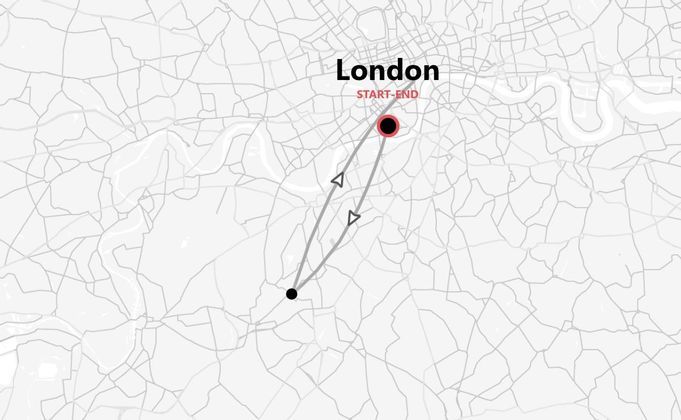
Group trips to United Kingdom
Our organized trips to the United Kingdom
Beyond the familiar postcards and ancient tales, the United Kingdom reveals itself as a destination of surprising depth and exhilarating diversity, a land where centuries of heritage gracefully meet cutting-edge innovation and breathtaking natural beauty. From the majestic royal grandeur of Buckingham Palace and the vibrant cultural pulse of London, to the serene, poetic landscapes of the Lake District National Park, and the ancient, mystical aura surrounding Stonehenge, every corner offers a unique enchantment. It beckons to curious explorers and discerning culture seekers, promising an unforgettable journey through a tapestry of timeless charm and dynamic contemporary life.
FAQs about United Kingdom
If you are a UK citizen, to find out the entry requirements for the United Kingdom, you can check this informational page from our partner Sherpa. If you need a visa, you can apply for it through Sherpa. If you are not a UK citizen, you can still use Sherpa by changing the nationality in the 'Passport' section.
Before traveling, always remember to check the government website of your country of origin for updates on the entry requirements for the United Kingdom – you wouldn’t want to stay home due to a bureaucratic detail!
- UK residents: review the FCDO Travel Advice.
- US residents: consult the US Department of State Travel Advice.
- Other residents: refer to your government or local consulate's travel advice.
The United Kingdom is in the Greenwich Mean Time (GMT) zone. However, it observes Daylight Saving Time and switches to British Summer Time (BST), which is GMT+1, from the last Sunday in March to the last Sunday in October.
- If it is 12pm in New York, USA, it will be 5pm in the UK during GMT and 6pm during BST.
- If it is 12pm in Los Angeles, USA, it will be 8pm in the UK during GMT and 9pm during BST.
The currency used in the United Kingdom is the British Pound Sterling, commonly referred to as the pound. As of the latest exchange rates, one British Pound is approximately 1.20 US Dollars and 1.15 Euros. You can exchange currency at:
- Banks
- Currency exchange offices
- Airports throughout the UK
Keep an eye on the rates, as they can fluctuate daily.
In the United Kingdom, you can pay using cash, credit cards, debit cards, and contactless payments. Most places accept major credit cards like Visa, Mastercard, and American Express. Contactless payments are very popular, so using a contactless card or a smartphone with Apple Pay or Google Pay is convenient. ATMs are widely available if you need to withdraw cash. Be aware that some smaller shops or markets might prefer cash, so it's good to have a small amount of cash on hand just in case.
Tipping in the United Kingdom is appreciated but not mandatory. In restaurants, if service is not included, a tip of 10-15% is customary. In pubs, tipping is not expected, but you can offer to buy the bartender a drink. For taxis, rounding up the fare or adding about 10% is common. Hotel staff like porters and housekeepers may appreciate a small tip for good service. Always check your bill, as some places may already include a service charge.
In the United Kingdom, you'll find that Wi-Fi is widely available in most hotels, cafes, restaurants, and public spaces, often for free or with a purchase. If you have a SIM card from a European or Schengen area country, you can use roaming services without extra charges, so you may not need a local SIM. However, if you're coming from outside Europe, buying a local SIM card or an e-SIM data plan might be handy for on-the-go internet access. Major providers include EE, Vodafone, and Three. They offer various prepaid plans to suit your needs.
In the United Kingdom, English is the primary language spoken. However, you might also hear some regional languages and dialects, such as Welsh in Wales, Scots and Gaelic in Scotland, and Irish in Northern Ireland. Here are a few colloquial English expressions you might come across:
- Cheers: Thank you or goodbye
- Mate: Friend
- Knackered: Very tired
- Quid: Pound (as in money)
- Fancy: Like or desire something
These phrases can add a local touch to your interactions.
In the United Kingdom, plugs are Type G, which have three rectangular prongs in a triangular pattern. The voltage is 230V, and the frequency is 50Hz. If your devices are not compatible with UK plugs, we recommend you bring a universal adapter. This will ensure your electronics work smoothly during your stay.
The main religion in the United Kingdom is Christianity, with the Church of England being the established church in England. There are also significant numbers of Catholics, Protestants, and other Christian denominations. The UK is culturally diverse, and you'll find communities practicing Islam, Hinduism, Sikhism, Judaism, and Buddhism as well. Important religious holidays include Christmas and Easter for Christians, with other communities observing Ramadan, Diwali, Hanukkah, and more.
Packing for the United Kingdom can be quite the adventure due to its famously unpredictable weather. Here's a practical list to help you pack your backpack:
1. Clothing:
- Lightweight layers like T-shirts and sweaters
- Waterproof jacket or raincoat
- Warm coat for cooler months
- Comfortable jeans or trousers
2. Shoes:
- Comfortable walking shoes
- Waterproof boots for rainy days
- Casual shoes for evenings out
3. Accessories and Technology:
- Umbrella
- Universal travel adapter (UK uses Type G plugs)
- Portable phone charger
4. Toiletries and Medication:
- Travel-sized toiletries
- Basic medication like pain relievers, antihistamines, and motion sickness tablets
Remember, the UK weather can change quickly, so it's best to be prepared for both sunshine and showers.
The weather in the United Kingdom can be quite changeable, so it's a good idea to be prepared for anything. Here's a quick rundown:
- In the southeast, including London, summers can be warm, averaging around 18-25°C, while winters are milder but damp, around 2-8°C.
- The northwest, like Manchester and Liverpool, sees more rain, with cooler summers around 15-20°C and winters about 1-7°C.
- Scotland is generally cooler and wetter, with summer temperatures around 14-20°C and winter temperatures between 0-5°C.
The best time to visit is late spring or early autumn, for milder weather and fewer crowds.



